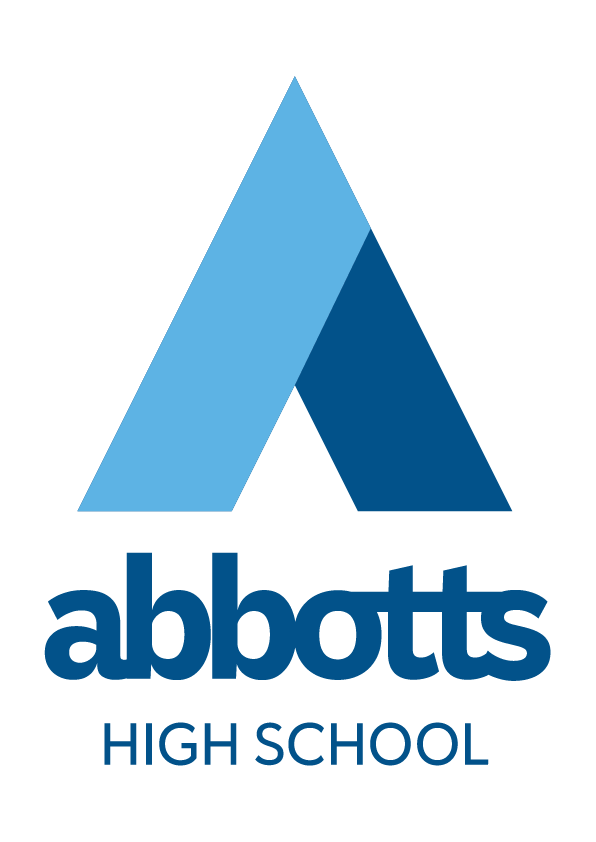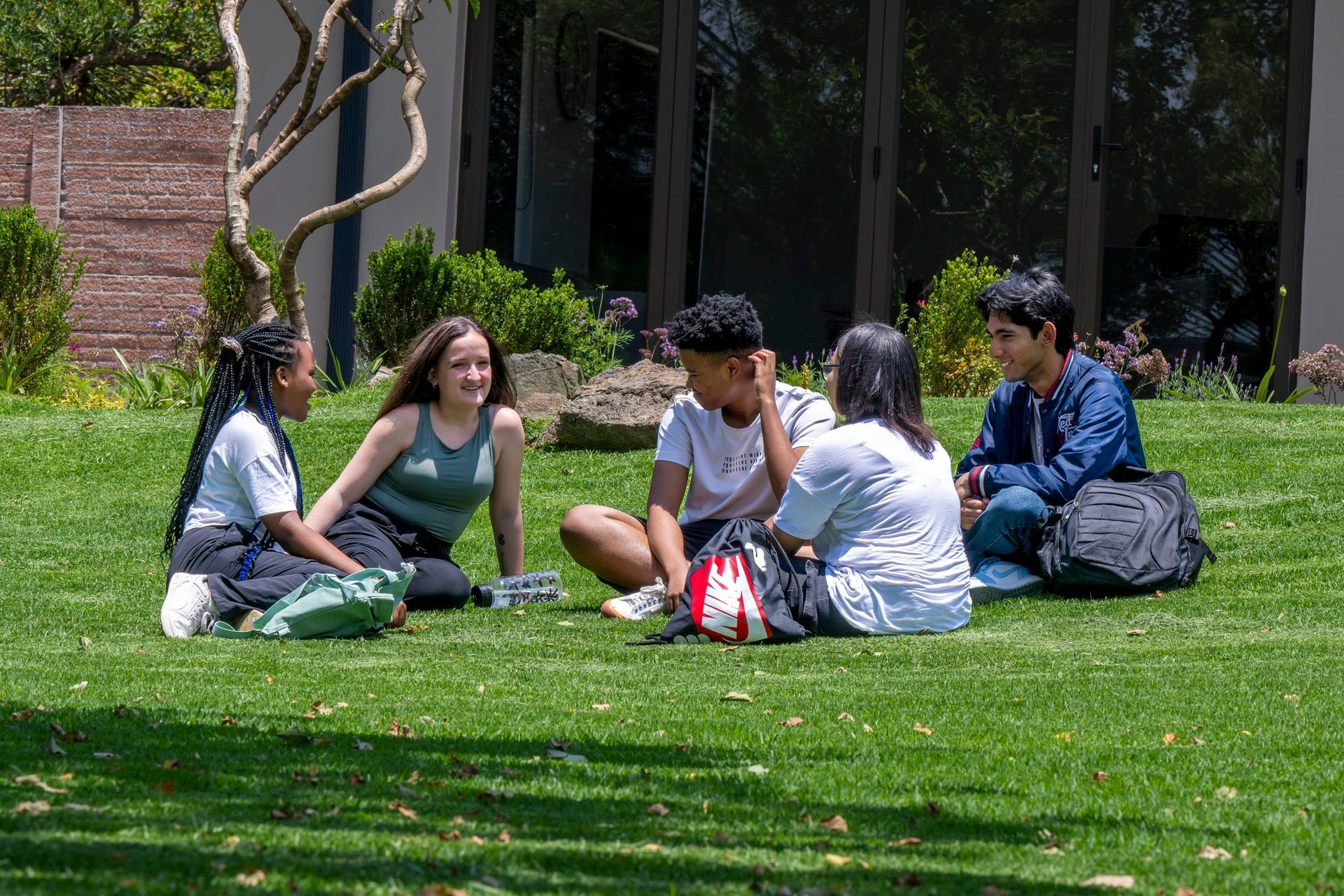Blog.

As the preliminary and final examinations approach, both students and parents or guardians often experience heightened anxiety and stress. This guide provides practical strategies to help parents and guardians support their children through this critical phase of their academic journey. 1. Foster Effective Organization Create an environment conducive to studying by providing a quiet, well-lit study space equipped with essential stationery. Collaborate with your child to develop a structured study timetable to set clear expectations and promote disciplined preparation. Encourage the use of resources such as past question papers, which serve as valuable tools for revision and practice. 2. Maintain Daily Check-Ins Schedule regular, intentional conversations, such as during dinner, to discuss your child’s progress. Inquire about their experience with the day’s examination paper, adherence to their study schedule, and their feelings about upcoming tests. These check-ins foster open communication and allow you to gauge their emotional and academic state. 3. Minimize Distractions Help your child stay focused by keeping electronic devices like phones, tablets, and gaming consoles out of reach during study sessions. Set boundaries on screen time and social media access to prevent procrastination. While challenging, limiting Wi-Fi access during study hours can significantly enhance productivity. 4. Support Emotional Awareness Encourage your child to identify and articulate their emotions, such as anxiety, stress, or fatigue . Recognizing these feelings is the first step toward addressing them effectively. Discuss coping strategies to help them navigate emotional challenges during this period. 5. Teach Self-Regulation Techniques Guide your child in practicing self-regulation to manage stress. Techniques include: Breathing Exercises : Inhale deeply for four seconds, hold for four seconds, exhale for four seconds, and repeat. Sensory Focus : Identify five things they can see or hear to ground themselves in the moment. Tactile Stimulation : Hold a cold object to shift focus and reduce anxiety. These methods can help your child regain calm and focus during stressful moments. 6. Promote a Balanced Routine Prolonged study sessions late into the night can lead to burnout. Monitor your child’s study habits and encourage breaks to maintain balance. Plan activities such as outings with friends, a family meal, or short recreational periods with access to devices. Engaging in non-academic activities, like helping prepare dinner, can provide a refreshing change of focus. 7. Prioritize Self-Care Support your child’s well-being by ensuring they: Eat nutritious, regular meals. Get at least eight hours of sleep by limiting screen time before bed. Engage in physical activities such as walking, jogging, yoga, dancing, or gym workouts. These practices help alleviate stress and anxiety, which are common during examination periods. 8. Practice Empathy and Patience The examination period can be emotionally taxing for both students and parents. Approach your child with empathy, actively listening and offering guidance without criticism. This fosters a supportive environment, bolstering their mental health and sense of inclusion. By implementing these strategies, parents and guardians can play a pivotal role in helping their children navigate the challenges of examinations with confidence and resilience. Good luck to all the Grade 12 students with the upcoming examinations - you most certainly can do it!

Key Takeaways Personalised learning helps teens thrive by focusing on their unique strengths, interests, and goals. This approach encourages students to take ownership of their studies, building confidence and responsibility. Teachers play a vital role by adapting lessons and feedback to suit individual learning styles. Alternative education models often integrate personalised learning to support students who need flexibility. Whether you’re exploring private high schools in Pretoria , Centurion high schools , high schools in Northcliff , Johannesburg, or high schools in Cape Town with no uniform , personalised learning can help students reach their full potential in any environment. Every young person has a unique story, but in the wrong school, that story might never be realised and celebrated. The right school, however, ensures that each story is heard and every student lives up to their full potential. Enter personalised learning: Environments where young people are seen, supported and encouraged to explore who they are and want to be in the world. When parents and students walk into a school which prides itself on being student-centered, they immediately feel this difference. In my 30 years in education, I’ve been continually inspired by what young people can achieve when given the right tools, space, and support. Success is about so much more than academic results, it also includes emotional and social growth. When students are free to express themselves, they experience deeper learning, and greater personal well-being and self-confidence. This freedom builds communication skills, sparks creativity, and fosters critical thinking, developing them into confident and capable young adults. TAILORING EDUCATION TO INDIVIDUAL NEEDS When schools shift to personalised learning, something transformative happens: Students stop feeling like just another face in the crowd and instead, they become active participants in their education. With tools like MAP assessments, teachers gain valuable insights into where a student excels and where they need support. This data informs learning plans tailored to each student’s pace and style. Some students benefit from short videos or visual aids, while others prefer hands-on tasks or one-on-one support. Platforms like Khan Academy and adaptive learning apps help teachers meet these diverse needs with precision. This model creates a more dynamic learning environment, where a struggling student can revisit a topic until it makes sense. Advanced learners are able to move on to more challenging material without waiting. Each student progresses at their own pace, in a way that works for them. BEYOND ACADEMICS The benefits of personalised learning go well beyond the classroom. Students build emotional resilience when their needs are recognised and met. Social development naturally follows as they take ownership of their learning and grow in confidence. Personalised learning doesn’t demand perfection, but invites growth. Schools become places of discovery, where students study not only the curriculum, but also discover who they are and what they’re capable of. If you are wondering whether high schools can change lives by embracing individuality, just watch a student light up when talking about a subject they love. Look at the learners who feel safe enough to speak up, take risks, and aim higher. UNLOCKING TRUE POTENTIAL When schools see students not as numbers, but as individuals with dreams and potential, education becomes truly impactful. Personalised learning is not a trend, it is a return to what learning should be: human, responsive, and empowering. As educators, parents, and communities, we must create environments where every student feels valued and every voice matters. Because when we embrace students for who they really are, we unlock the door to who they’re meant to become. FAQs How does alternative education in South Africa support personalised learning? Alternative education South Africa supports personalised learning by offering flexible teaching styles that focus on each student’s needs and learning preferences Do any high schools in Cape Town allow students to wear their own clothes? Yes, high schools in Cape Town with no uniform , like Abbotts College Rondebosch, allow students to dress casually, promoting individuality alongside academic success. How does personalised learning work in Centurion schools? Centurion schools like Abbotts College use personalised learning by adapting lessons to suit each student’s strengths and goals, helping them build confidence and achieve better results. How do I decide which high school in Centurion area is best? To choose the best high school in Centurion area , consider the school’s teaching style, support systems, and how well it aligns with your teen’s academic goals and personal growth. Why might parents choose private high schools in Johannesburg for their teens? A5. Private high schools in Johannesburg provide personalised learning, strong academic programmes, and individual support to prepare teens for university and life beyond school.





